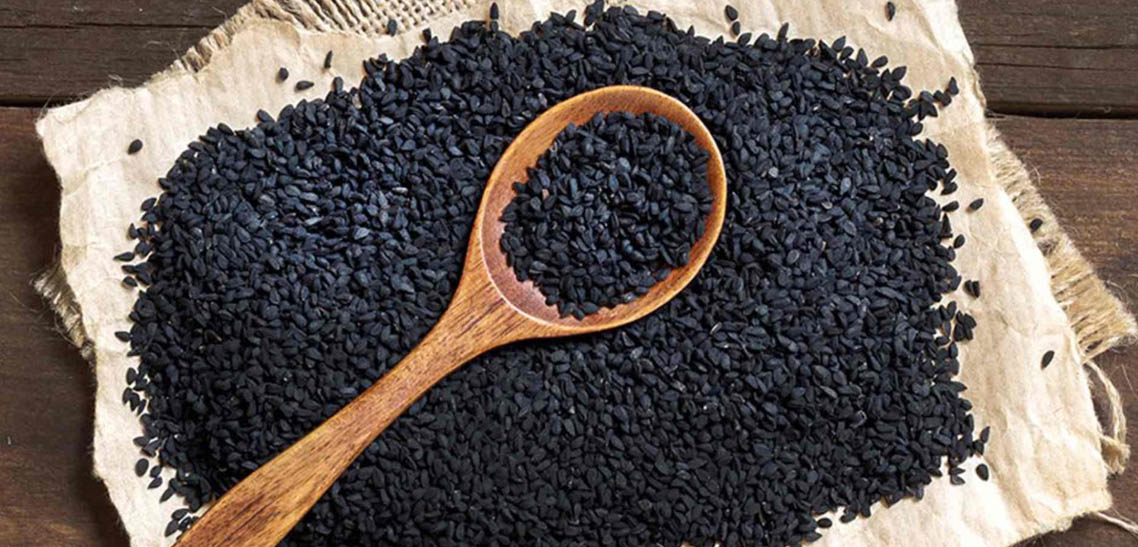Black seed, scientifically known as Nigella sativa, is a small, black grain with a profound history of medicinal and nutritional value. Revered for centuries, it has been a staple remedy in traditional medicine across various cultures, earning titles such as “The Seed of Blessing.” Renowned in both Islamic and Ayurvedic traditions, black seed is believed to hold countless health benefits.
One of its most remarkable attributes is its ability to support the immune system. Rich in antioxidants, black seed combats oxidative stress, helping the body resist infections and illnesses. Thymoquinone, its active compound, is known for its anti-inflammatory and antimicrobial properties, making it beneficial for managing chronic conditions like arthritis and asthma.
Black seed is also a natural digestive aid. It alleviates bloating, enhances metabolism, and improves gut health. Additionally, it supports heart health by regulating blood pressure and cholesterol levels, contributing to overall cardiovascular wellness.
Its benefits extend beyond physical health. Black seed oil is often applied topically to nourish the skin, reduce acne, and promote hair growth, making it a favorite in natural beauty regimens.
Prophet Muhammad (peace be upon him) emphasized its significance, saying, “It is a remedy for every disease except death.” This statement highlights the deep-rooted belief in its efficacy.
Whether consumed as seeds, oil, or capsules, black seed remains a timeless treasure of health and wellness. Incorporating it into your daily routine could be a step toward a healthier, more balanced life.



enovathemes
Thanks for the insightful post! I recently experienced some weird steering behavior, and your explanation on steering angle sensor function and failure symptoms helped me diagnose the issue. Looking forward to trying out the testing methods you mentioned to confirm if it\’s indeed the sensor. Keep up the great work!
enovathemes
This post couldn\’t have come at a better time for me. I\’ve been grappling with an intermittent steering issue, and after reading this breakdown, I\’m convinced it might be the steering angle sensor. Your detailed explanations on symptoms and testing procedures are incredibly helpful. Time to break out the multimeter and get to work!
enovathemes
Great breakdown of the steering angle sensor! As a tech enthusiast, I appreciate the emphasis on testing methods. It\’s not just about identifying the issue but also about empowering car owners to tackle the diagnostics themselves. Your post strikes the right balance between technical details and practical application. Kudos!
enovathemes
Knowledge is power! Understanding the steering angle sensor and its potential failures is crucial for maintaining vehicle safety. Your post does an excellent job of breaking down the technical details in an accessible way. It\’s a must-read for anyone looking to keep their vehicle in top condition and prevent potential steering-related issues. Thanks for sharing this valuable information!